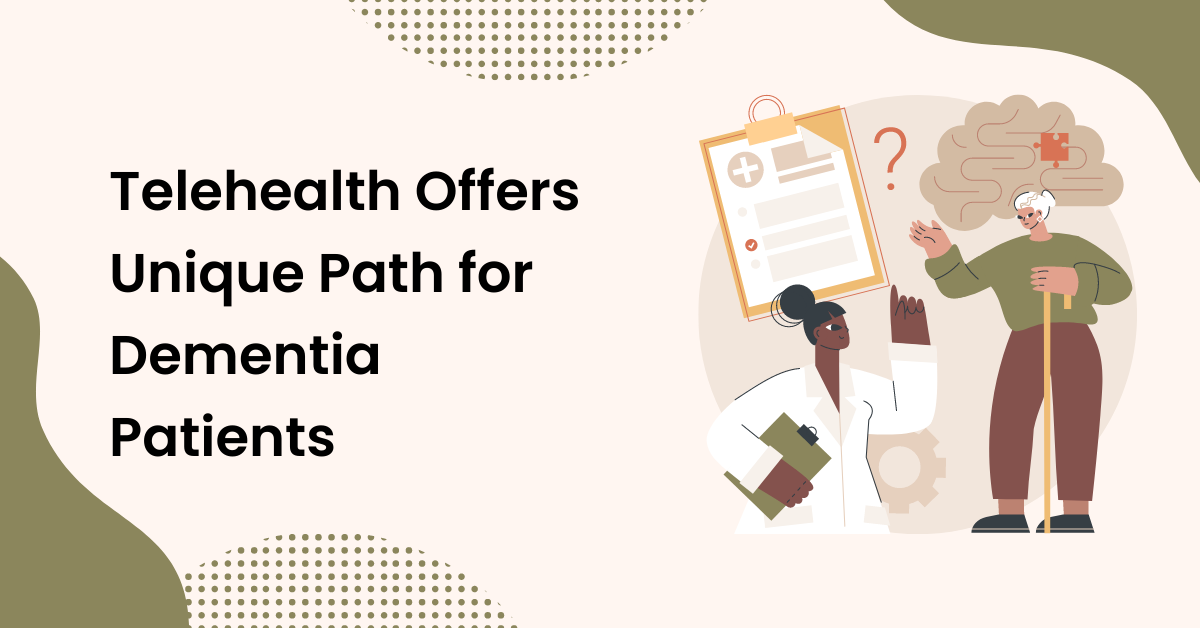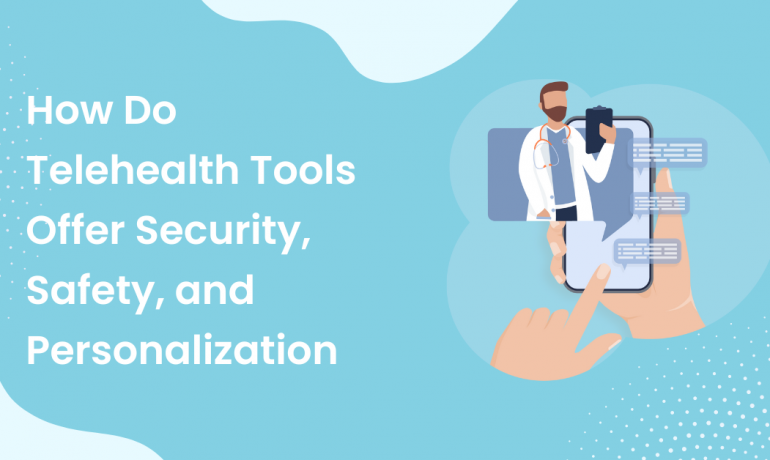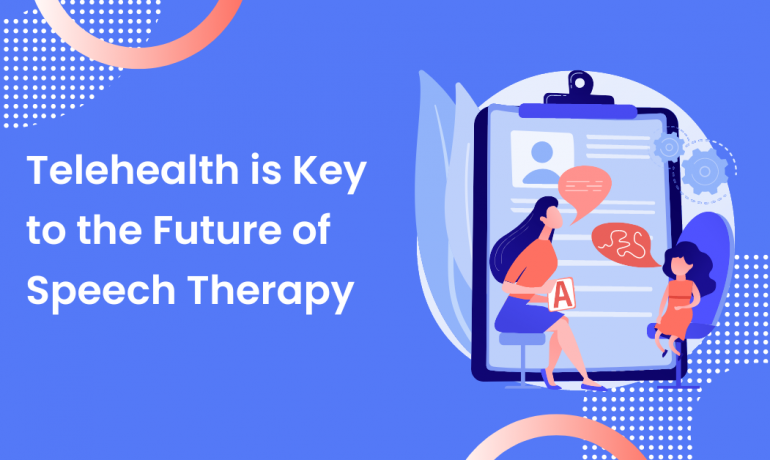Telehealth has proved to be a positive development in the healthcare industry. The impact of Covid-19 has led to many people opting for telehealth technology over in-person doctor’s appointments. The accessibility and easy-to-use telehealth video conferencing system like HIPAA Video have helped countless people who need medical care and physically cannot go to in-person appointments. People who suffer from dementia benefit greatly from accessible telehealth services
Dementia is a neurological condition that affects people’s memory, thinking, moods, and personality. Often affecting the elderly, dementia impacts the way in which people function daily and interferes with simple reasoning and judgment. Most people with dementia require care from specialty doctors and physicians and assistance from nurses or family caregivers. Telehealth has had a history of improving dementia care even before Covid-19 called for a reevaluation of patient care across the healthcare industry.
Telehealth specifically focuses on the needs of dementia patients
Dementia patients require assistance from other individuals on a daily basis. Because dementia negatively impacts a person’s mind and social abilities, many dementia patients are placed in nursing home facilities or hire specialty nurses for in-home care. But because of expensive costs, many people cannot afford the specialty care that dementia patients often require and need. Family caregivers are most likely the ones who care for elderly dementia patients which offers a personal support system for the patient. However, most family caregivers are not knowledgeable in caring for the extremes of dementia patients, leading to stress, frustration, and feelings of incompetence in caring for family elders with dementia.

Telehealth offers the solution for at-home care. Even before the growing dependence on telehealth services, telehealth became a comprehensive network of support for dementia patients. The video calling technology and other features of medical video conferencing systems offer a way to assist and support dementia patients and their caregivers on a 24/7 basis. Additionally, telehealth presents an expansive range of options and support that are not limited to just doctor and physician care. Telehealth allows easy accessibility to educational seminars on dementia patients and care and unique group care programs for dementia patients.
How a unique system offers dementia care expertise
As mentioned, caregivers and people living with dementia often are out of their depth and struggle to access dementia care expertise. The Memory and Aging Center at the University of California, San Francisco offers a system of help and support for people living with dementia and their caregivers. The researchers at the university developed a comprehensive system called Care Ecosystem which functions on the collaborative communication of dementia care experts called care team navigators (CTN).
Care Ecosystem works by allowing accessibility to CTN through unique telehealth technology like a video calling feature. An individual CTN offers support for caregivers and dementia patients by asking them about current struggles and issues and thinking about long-term strategies to tackle those struggles and issues. They plan strategies that provide long-term solutions that keep in mind the individual situation of a dementia patient and their caregiver. Care Ecosystem and CTN offer specialized dementia care and work with experts like social workers, nurses, and pharmacists in order to provide the best support for dementia patients and caregivers.
As the introductory video on Care Ecosystem shows, telehealth services such as Care Ecosystem demonstrates how collaborative efforts through telehealth technology improve the care and life that dementia patients receive that is not only accessible but also cost-effective. There are even more specialty telehealth services similar to Care Ecosystem that offer dementia care expertise in addition to programs that improve the lives of people who live with dementia. For example, there are mobility programs specialized in the care of dementia patients. Dementia patients are able to socialize in a group setting that exposes them to mobility classes which in turn lead to an improved life when possible. Telehealth offers unique services and programs that care for dementia patients as human beings and support caregivers with necessary information.
The unbeatable benefits of telehealth
Telehealth has led to unbeatable improvements and benefits for dementia patients and their caregivers. It has lessened the frustration and lack of information for caregivers, educating and providing a resource that reduces misinformation and gives quality care to dementia patients. The benefits are plentiful and people who are living with dementia are leading a better quality of life. Adopting telehealth into dementia care has proven to reduce the number of ambulance calls (which costs money), unnecessary doctor's and physician's appointments, and stress, frustration, and depression in caregivers.
In-person versus telehealth care for dementia patients is indeed different and beneficial in their own ways. However, telehealth dementia care offers the same care as well as expanding it through telehealth technology. What was once considered a limitation is now transformed into creative solutions to bring the best assistance to dementia patients and their caregivers.





